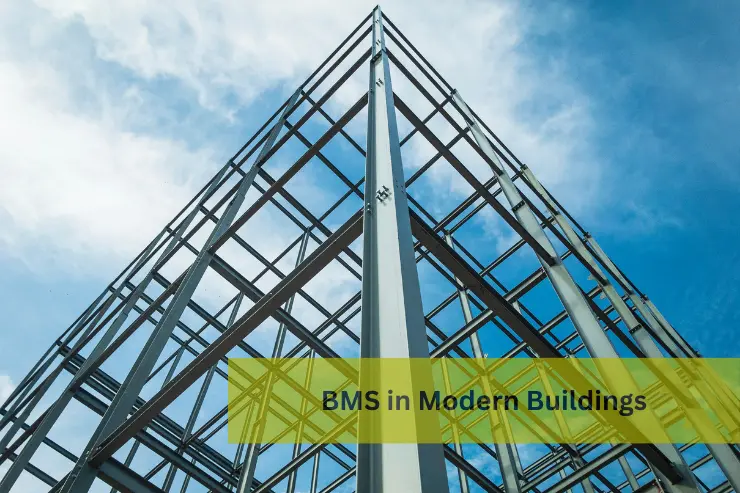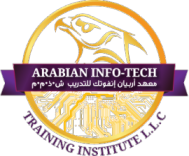

Enquiry Now



Enquiry Now


The need for BMS is increasing rapidly in Qatar because of its multiple benefits. BMS makes construction operations more efficient, scalable, and cost-effective, taking building management to the next level. It helps to create smart, sustainable, and responsive buildings. Moreover, BMS ensures the saving of both energy and costs. BMS technicians play a vital role in designing, maintaining, and installing Building Management Systems. Their proficiency in hardware and software aspects of BMS is significant for data analytics, right decision-making, and attaining sustainability goals. There is an increase in the demand for BMS technician courses because the demand for BMS technicians is on the rise.
Modern buildings are so complex that it is difficult for people to manage them efficiently without the support of technology. BMS is the computer-based centralized control and monitoring network that helps in managing the HVAC, MEP, surveillance, fire systems, etc. of a building. It acts as a tool to make smart buildings power-efficient.
BMS is indispensable for the efficient management of modern building systems in ensuring optimal performance of the building with efficient plumbing design , HVAC design, etc.
Integration of diverse building systems like lighting, HVAC, and security is important from a technician’s point of view. It helps the technicians to manage multiple things from a centralized place. BMS also ensures the interoperability of all devices. The ultimate result is a responsive building environment where all systems work in harmony, simplifying the overall management of the complex components.
BMS helps technicians to analyze data, identify inefficiencies, and correct them. It allows them to fine-tune settings and make informed decisions based on data. BMS makes a huge contribution to reducing waste and making buildings cost-effective and sustainable. You can automatically adjust lighting, heating, and air conditioning and save energy. You can cool the building in advance if you expect a high energy demand shortly. These things are important for a technician.
Technicians cannot monitor and control building systems in person always. BMS is of great help to them in such situations. It helps them to control the operations remotely. BMS enables remote control through web-based interfaces and mobile applications. This ensures better efficiency, decreases downtime and reduces the need for on-site interventions. It results in the saving of both time and resources.
BMS keeps on monitoring and analyzing data continuously. It uses advanced algorithms to identify irregularities and malfunctions in MEP, HVAC, and security elements. Technicians get real-time alerts when a fault is detected. Timely intervention helps to avoid the risk of system failures. Swift addressing of problems improves the overall performance of the system.
BMS is effective in strengthening a building’s security in many ways. It provides better security through CCTV, sensors, fire alarms, gas detectors, glass-break detectors, etc. When there is an emergency, it helps to open emergency exit doors instantly. This makes evacuation easier and helps to save human lives and tangible assets. Rapid response during emergencies is a big plus from a technician’s perspective.
The BMS technician course covers a wide range of fields. It includes basics of MEP training, HVAC design training, plumbing training, etc. besides BMS software and hardware, SCADA systems, PLC systems, BMC energy efficiency, etc. Join BMS training, harness the full potential, and seize the opportunity to transform your building management capabilities.
BMS training equips you with the knowledge and skills to manage complex building systems. It increases the chances of career opportunities because you will be proficient in efficient operation and energy optimization.
The duration of the course may vary. It can range from a few weeks to 12 months or more depending on the curriculum and intensity of the course. If you want to gain in-depth knowledge, you should go for a course with a longer duration.
Yes, it is important because it gives you better job opportunities and an increased earning potential. It is proof of your proficiency in the field and your commitment to development in BMS.
Discover the essential roles and responsibilities of HVAC technicians in our latest blog! Explore the top five key areas where HVAC professionals play a crucial....
Dive into the five must-have abilities that every plumber should possess to excel in the evolving industry. Stay ahead of the curve and enhance your plumbing expertise with expert insights.
Explore the common mistakes in HVAC design & learn effective strategies to fix the issues. Read Our Comprehensive expert insights on how to optimize..